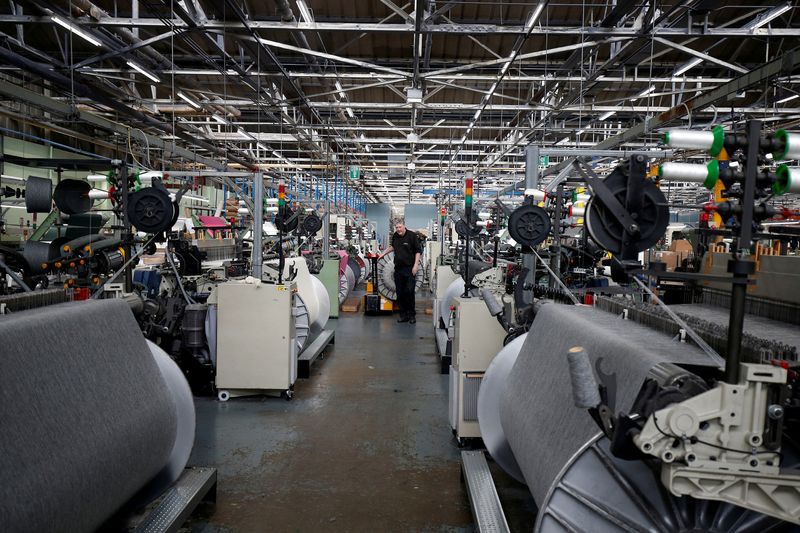LONDON (Reuters) - Britain's national minimum wage will rise by more than 6% next year, taking it to 8.74 pounds an hour, the government announced on Tuesday.
The move puts Britain on track to meet its target for the minimum wage to reach 60% of median earnings by 2020, it added.
"Hard work should always pay, but for too long, people haven't seen the pay rises they deserve," Prime Minister Boris Johnson said in a statement.
Britain's unemployment rate has fallen to its lowest since the 1970s and employment recently hit a record high, despite the minimum wage rising by more than a quarter since 2015 to now stand at 8.21 pounds an hour for those aged 25 and over.
The rise to 8.74 pounds is due to take place on April 1.
Minimum pay rates for younger workers will also increase by between 4.6% and 6.5%, depending on their age, the government said.
The British Chambers of Commerce (BCC) said: "Raising wage floors by more than double the rate of inflation will pile further pressure on cash flow and eat into training and investment budgets.
"For this policy to be sustainable, government must offset these costs by reducing others - and impose a moratorium on any further upfront costs for business."
Britain's minimum wage was introduced under Labour Prime Minister Tony Blair in 1999, and rose relatively modestly following the annual advice of a committee of academics, trade unionists and business representatives.
In 2015, faced with complaints about stagnant living standards, Conservative finance minister George Osborne said he wanted to raise the minimum wage for over-25s to 60% of median earnings by 2020 - implying bigger annual increases.
The Resolution Foundation, an anti-poverty think-tank, said in May that Britain should slow the rate at which it increases its minimum wage to avoid the risk of low-paid workers being priced out of a job during the next recession.

Johnson pledged to raise the minimum wage to 10.50 pounds an hour by 2024 during the run-up to his landslide election victory on Dec. 12.